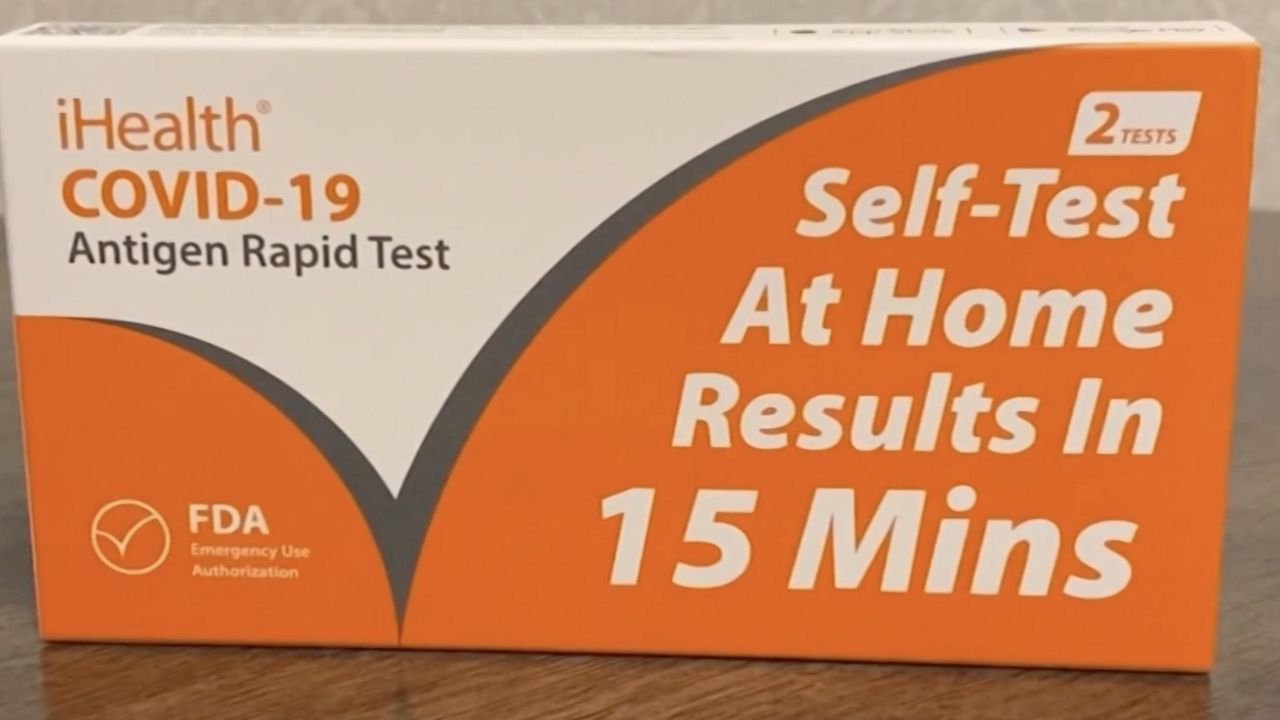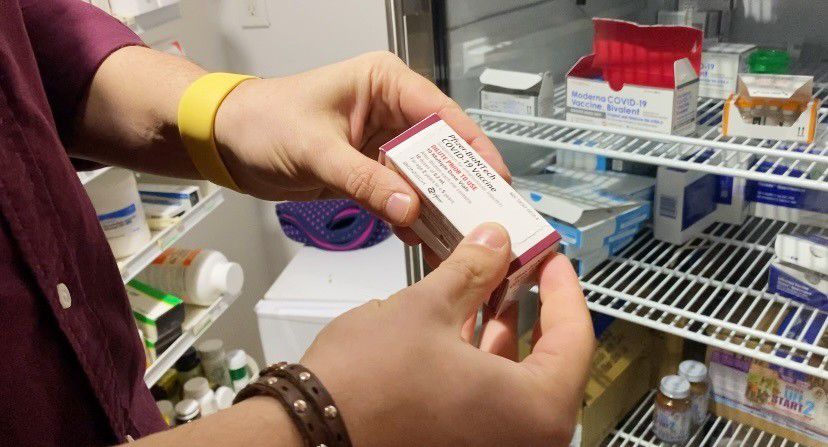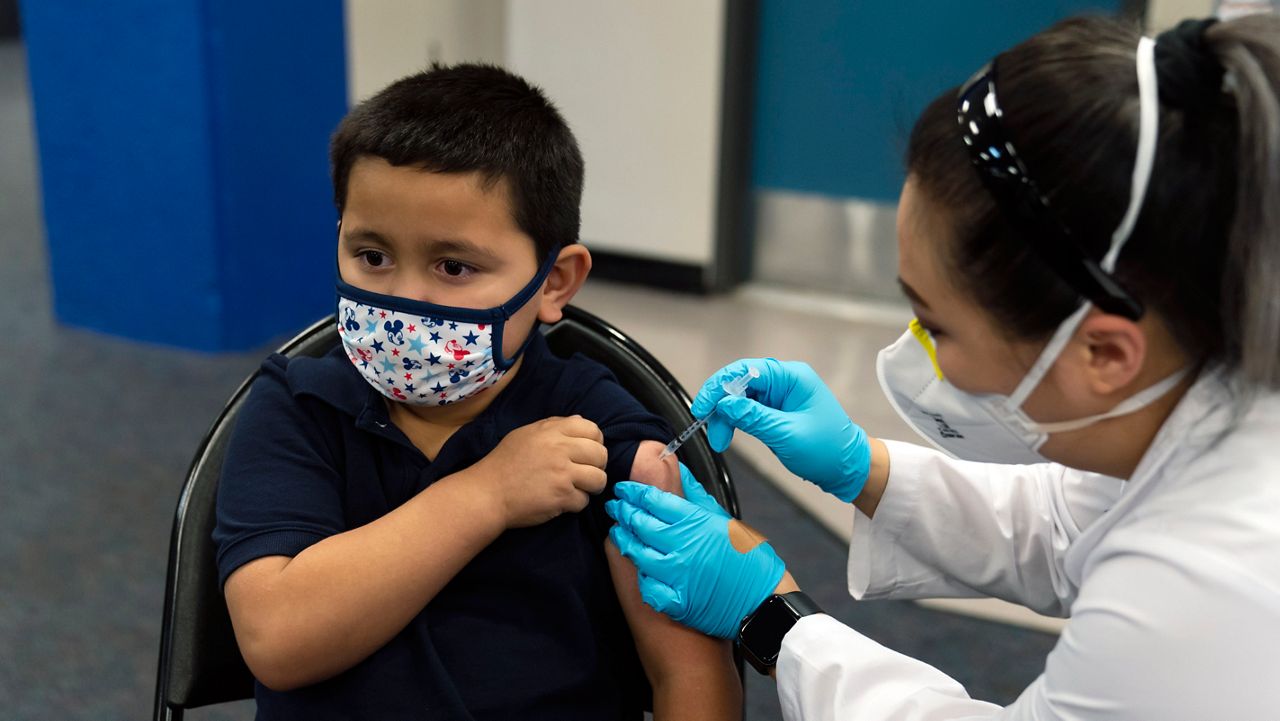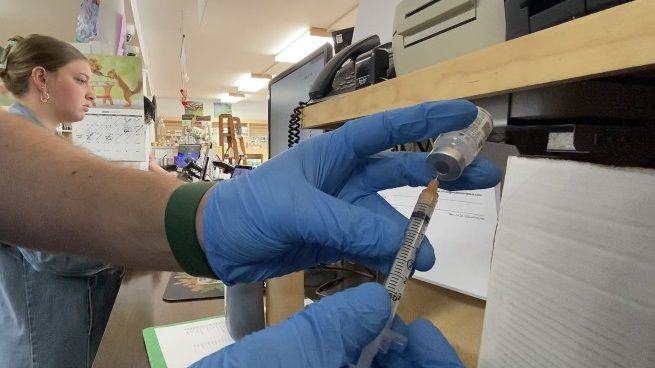As the state continues to debate re-opening, the question on many lips today is: Should you get an antibody test?
What You Need To Know
- Antibodies are proteins in our bodies that help fight off infection.
- Research has not yet shown that our bodies can develop immunity against the novel coronavirus.
- Due to shortages in COVID-19 testing, you may have concerns that you are taking a test away from someone who might really need it. One doctor says you aren't.
"The antibody test told you that you had the infection in the past," said Dr. Avi Silber, chief medical officer at Cornerstone Family Healthcare Center in Newburgh.
Antibodies are proteins in our bodies that help us fight off infection.
"There are different types of antibodies. There's the IGM antibody that develops early on and then goes away and then there's the IGG antibody that develops about ... two weeks after you're initially infected, and that could last a very long time," he said.
Research has not yet shown that our bodies can develop immunity against the novel coronavirus. The antibody test provides a unique opportunity to learn if we've come in contact with the virus.
"Information is really important. So the more information we have the better," Silber said. "We're getting to know as a society, how prevalent this infection really was and how many people have had it."
The antibody test is simple. Family nurse practitioner Noelle Ziemins and nurse Amanda Pastor walked a Spectrum News reporter through the process. After being triaged, the doctor will ask you a few screening questions to start you off.
"Have you been tested for COVID-19?" said Ziemins.
Your nurse will then come in to administer the blood test. It's similar to a routine blood test, and the results take about two days to come back.
"If you do have a detection, it just means that at one point you may have had it, or had an exposure to it," said Pastor.
Due to shortages in COVID-19 testing, you may have concerns that you are taking a test away from someone who might really need it. Dr. Silber is reassuring you that you are not.
"There is no shortage of antibody testing," he said. "We have a tremendous capacity to do antibody testing. Anybody who is curious about their status should get tested."
Knowing if you have antibodies could also enable you to help your neighbors who are sick with the virus.
"If you know that you have a strong antibody response, you can also donate plasma," he said.
The public is suffering from what Dr. Silber is calling isolation fatigue.
"When you find out, 'Oh no, I didn't get it,' it kind of reinvigorates you to continue to ... be careful and to know that what we're doing is actually working to stop me from getting the disease," he said.
If you are interested in getting an antibody test for yourself or for a family member, call Cornerstone Family Healthcare at (845) 563-8000.









